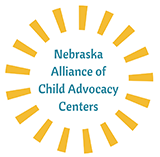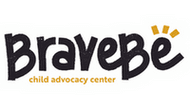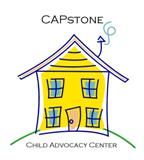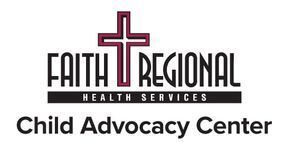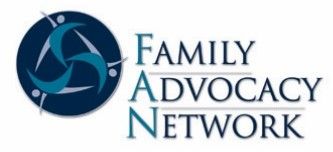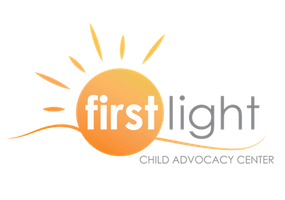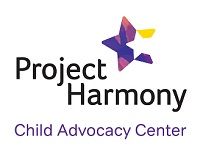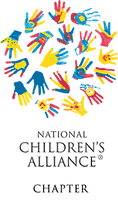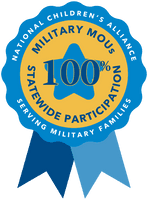HOW DO I REPORT CHILD ABUSE OR NEGLECT? WHO SHOULD I REPORT ABUSE TO? WHAT CAN I DO? HOW CAN I HELP?
If you suspect a child under the age of 18 is being abused or neglected, please call the Child Abuse Hotline at 1-800-652-1999 (CPS Hotline)
OR
If you suspect the child is in immediate danger, please dial 911.
WHO SHOULD REPORT CHILD ABUSE?
In the state of Nebraska, EVERYONE is a mandated reporter. You do not have to be certain that abuse has occurred to make a report.
Mandatory Reporters in Nebraska
In Nebraska, everyone is a mandatory reporter. This means physicians, medical institutions, nurses, school employees, social workers or any other person who has reasonable cause to believe that a child has been subjected to abuse or neglect is required by law to make a report to the CPS Hotline and/or Law Enforcement. (Nebraska Revised Statute 28-711)
WHAT TO DO IF A CHILD DISCLOSES ABUSE TO YOU
If a child tells you they have been hurt (physical, emotionally, sexually), there are things you can do to help. Here are some steps you can take:
- Don't press the child for details. Let the child tell you in his or her own words without interruption.
- Believe and support the child. Stay calm. Do not panic or overreact.
- Show interest and concern for the child. Do not blame or diminish the child’s feelings.
- Tell the child you are glad they told you and that you will help. Do not promise anything you cannot control.
- Report the abuse to your local child abuse reporting hotline
(NE CPS HOTLINE: 1-800-652-1999). - If you are a Mandated Reporter, you have a legal obligation to report suspicion of abuse to your local Children and Family Services agency
HOW TO TALK TO CHILDREN ABOUT ABUSE
Talking to children about abuse can be challenging but it can also help keep them safe. Here are some tips for talking to the children in your life:
- Blend a discussion of abuse with other "safety talks."
- Be clear that breasts and genitals are "private" but sometimes parents may have to help clean them or doctors may have to examine them, but these things should never be done in secrecy.
- Tell children to tell you as soon as possible if anyone tries to touch or look at their breasts or genitals, or if anyone asks them to touch or look at their breasts or genitals.
- Describe sexual abuse as a "touching problem" that is similar to stealing or lying. Don't call sexual abuse a sickness.
- Talk about the "tricks" someone might use to get children alone or keep children from telling.
- Be clear with children that you will not be mad if they tell you something happened to them, and they will not get in trouble, even if they waited to tell you.
